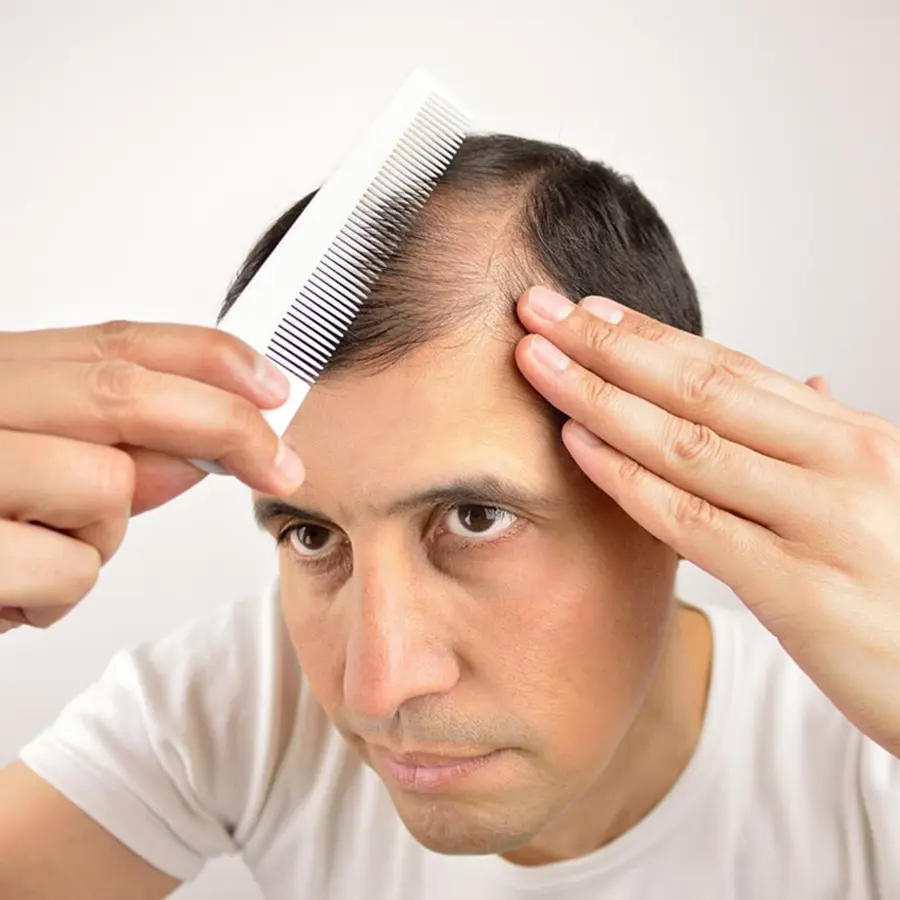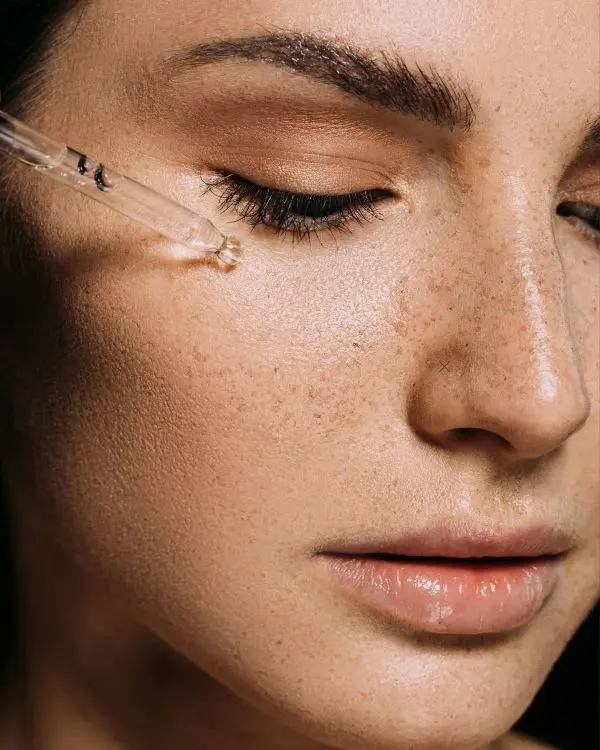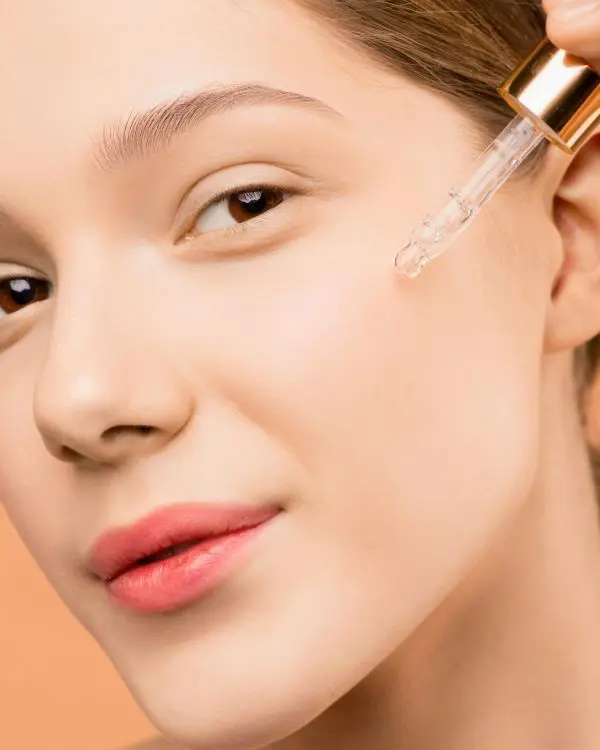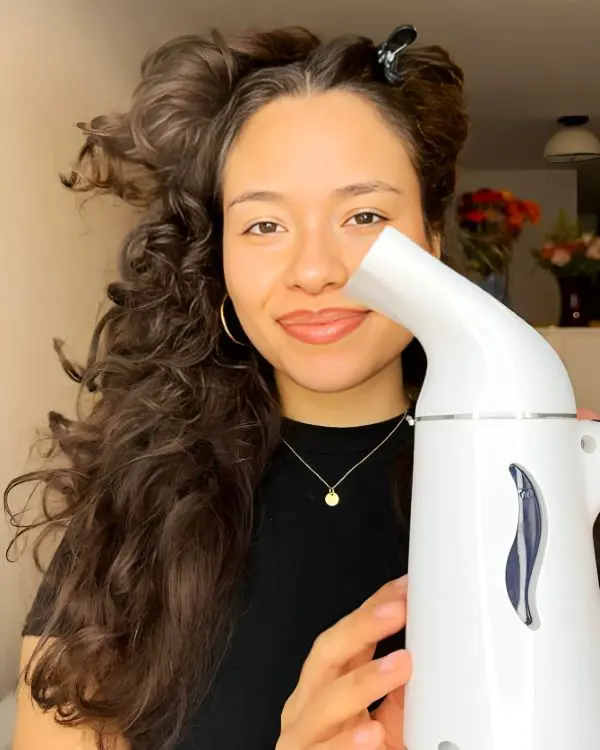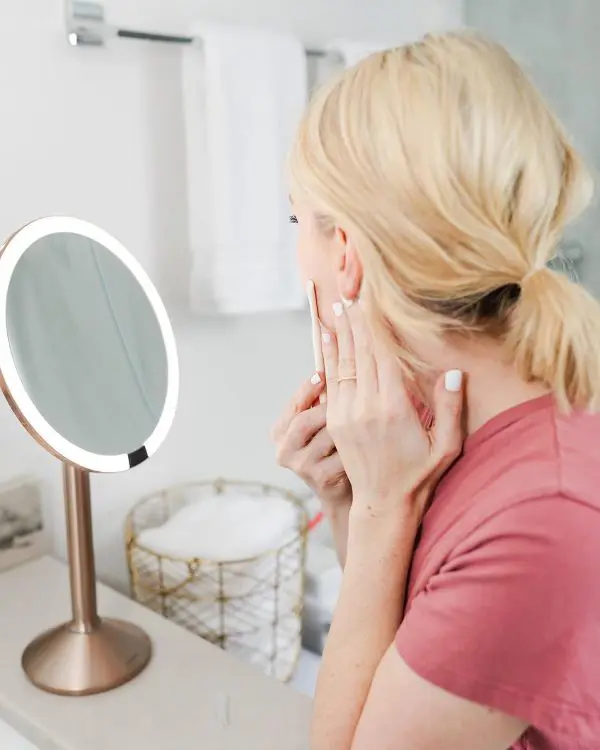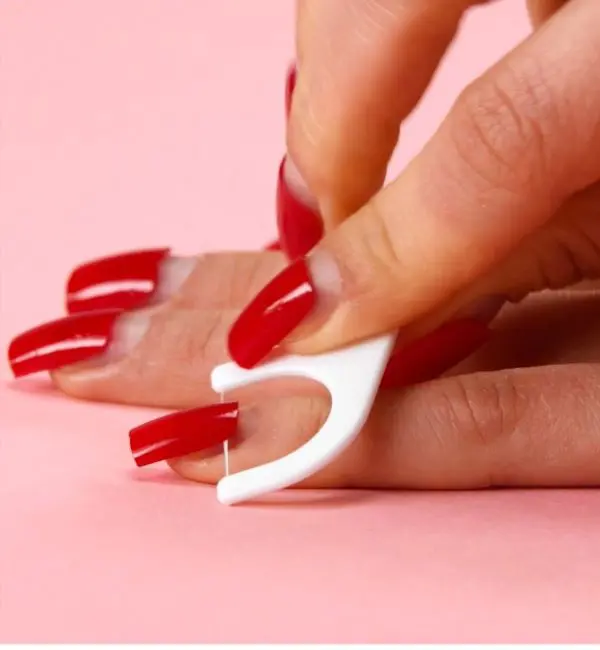The impact of losing hair extends beyond just physical appearance; it can significantly affect self-esteem and confidence, often leading to increased stress and emotional distress. It is a global concern affecting millions of people, regardless of age or gender.
If you’re struggling with thinning hair, you're not alone. Fortunately, there are effective home remedies and natural solutions available that can help you address this issue and restore your hair's health and vitality. In this guide, we'll explore practical steps and remedies for combating hair loss and regaining confidence. Let's begin!
1. Onion Juice
Onion juice is rich in sulfur which brings blood flow to follicles and regenerates them by reducing inflammation. It fights for scalp infections because it contains some antimicrobial properties.
Apply it directly to the scalp for about 30 minutes after extracting the juice from a blended or shredded onion. After that, wash it with a bit of shampoo to get rid of the strong smell. Apply at least twice a week to your skull for onion juice to work best. To stop hair loss in men, these effective methods and treatments can be implemented.
2. Aloe Vera Treatment
It treats most of the causes of hair loss due to its calming properties and soothing effects. Aloe vera reduces dandruff and further nourishes the growth of healthy hair. It helps to minimize inflammation, which normally is the cause of hair loss.
Apply the gel from the aloe vera leaf directly to your head and gently massage. Leave it for about 45 minutes before washing in warm water. Apply two to three times a week for good results.
3. Coconut Oil Massage
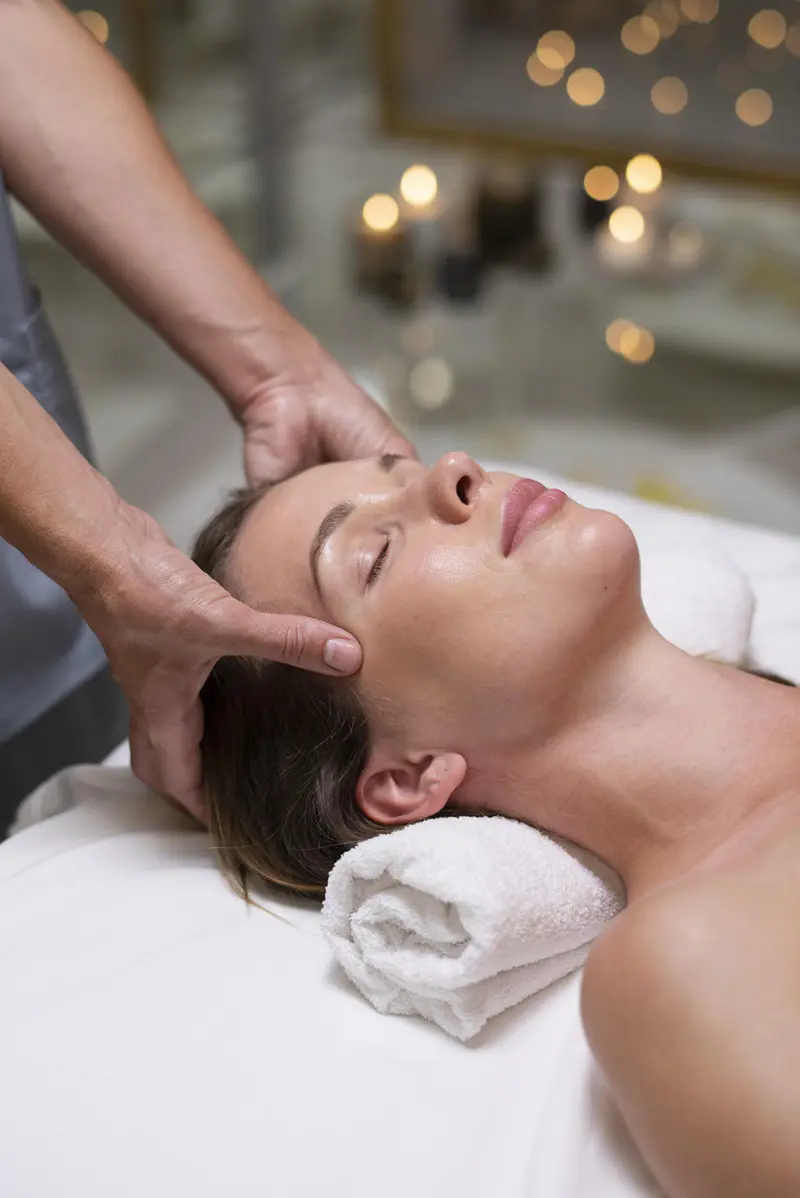
When used in massaging, the oil enhances the circulation of blood in the scalp and results in hair growth. It is also said that it is a product that entails the fatty acids and vitamins that are soaked into the root of the hair for the needed strength and moisturizing.
Warm a teaspoon of coconut oil and massage into the roots for five to ten minutes. Leave it for one hour or overnight if you have the time to spare so that the hair grows out strong and does not break or grow fragile.
4. Egg Mask
An egg mask is a highly effective remedy for thinning hair, thanks to its rich nutrient content. Eggs are packed with proteins that strengthen hair and reduce breakage, while biotin and other vitamins support healthy hair growth and scalp health.
Also, applying an egg mask provides essential moisture and nourishment, helping to prevent dryness and brittleness. Adding this natural treatment into your routine, you can improve hair strength, reduce shedding, and promote overall hair vitality.
5. Green Tea Rinse
It is very rich in antioxidants and associated with the growth of hair. Green tea provides protection against falling hair and helps reduce hair fall. It minimizes "Dihydrotestosterone" which is a hormone often responsible for hair loss.
You can apply it to your head and hair after cooling a cup of boiling water with two bags of green tea and leaving it for an hour on your head. Leave it on for an hour or so and wash with cold water. This rinse can be included in the application once every week for better results.
6. Balanced Diet

A good diet is required for the promotion of healthy hair with no tendency to fall. Eating a wide variety of nutrients like proteins, vitamins, and minerals, generally supports the healthiness of hair follicles. Consume leafy vegetables, nuts, seafood, and lean meats daily to provide critical building blocks of hair.
A well-balanced diet delivers not only the necessary vitamins and minerals but also assures proper body functioning which is directly related to hair. Meals rich in iron, such as spinach and beef are incredibly crucial for carrying oxygen to the hair follicles that promote hair growth.
7. Regular Trimming
This will keep your hair healthy by getting rid of damaged parts of your hair or the dry parts that may cause breakage. That means that by cutting a little hair every six to eight weeks, you can ensure that your hair is in good condition to promote growth with as minimal split ends as possible.
This can be a good routine for people with long hair because it really keeps the ends fresh and prevents the necessity of bigger trims later on.
8. Adequate Sleep
It is said that getting quality and adequate sleep assists your body in repairing itself and replacing some of the cells, including those of the hair follicles. This is also useful when it comes to the health of hair and needlessly stopping hair fall. The second stage of sleep establishes the restoration and rehabilitation of hair tissues.
It is recommended that you sleep for approximately between 7 to 9 hours without being interfered. If you have difficulty sleeping, a warm shower, reading books, and podcasts will help ensure that you have gotten enough sleep.
9. Stress Management

Stress management is necessary for maintaining daily life and preventing hair loss. This is because more pressure in life could be the reason to damage the hair by changing its growth cycle. Effective stress management practices help reduce the effects on the body and promote good health for your scalp and hair development.
Regular physical activities such as Jogging, Yoga, swimming, and cycling will boost the rate at which endorphins are released from the body and promote healthy hair growth. In other words, these will be the natural mood enhancers that could lessen anxiety and tension.
10. Hydration
Probably one of the most important requirements for healthy hair is adequate hydration. If you take sufficient amounts of water, the follicles are well supplied with the nutrients and moisture that is necessary for hair growth.
Thus, besides water, there is a list of foods you can consume to help stop your hair loss. Fruits and vegetables that has water in them such as cucumbers, broccoli, oranges, and watermelon are also credited for increasing hair growth.
11. Yogurt and Honey Mask
Other additional ingredients are yogurt and honey which are great conditioners for hair and at the same time they help in increasing the growth of hair follicles and avoiding hair loss. Yogurt includes proteins and probiotics vital for hair production whereas honey brings antibacterial balance to the hair.
To make the hair conditioner, take two teaspoons of yogurt and then add one spoonful of honey to make a paste. Massage it in the scalp and hair then allow it to dry for about half an hour. Then, rinse with the warm water and mild shampoo if needed. This can be done once a week for healthy and shiny hair.
12. Rosemary Oil Massage
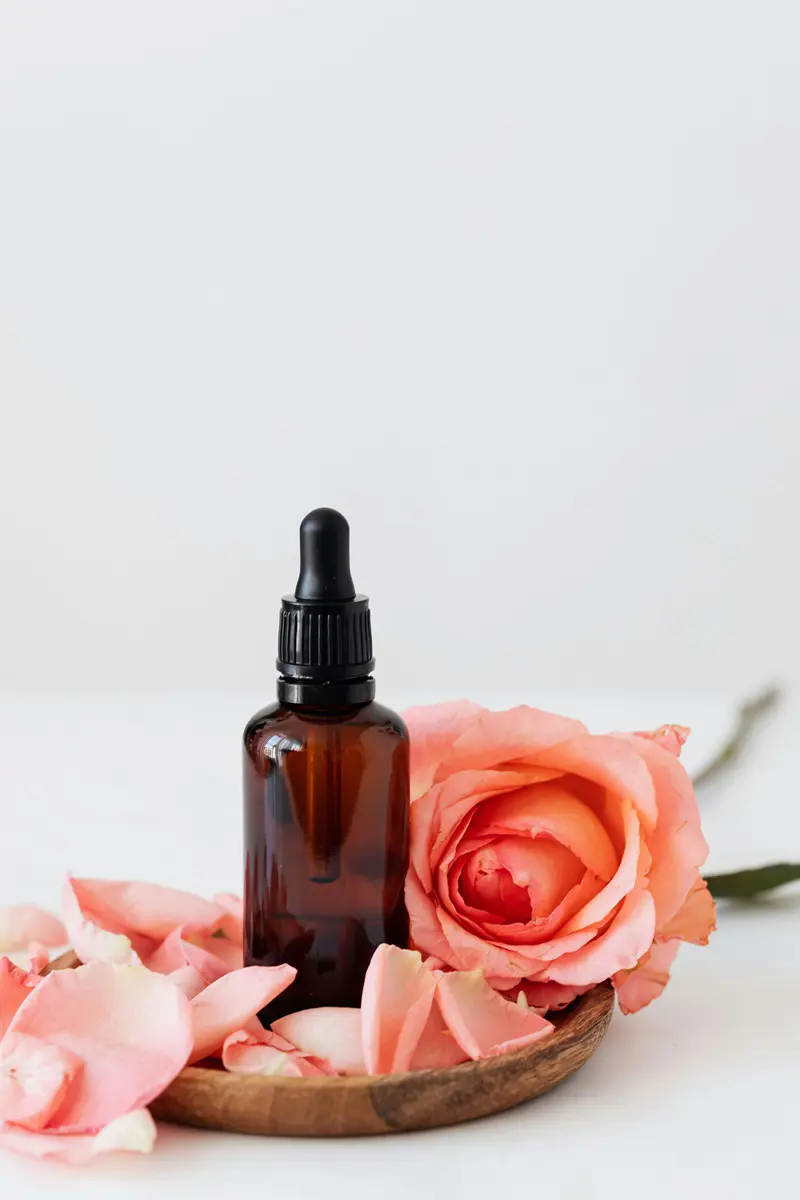
Similarly, rosemary essential oil increases the blood flow in the head. Therefore, it encourages hair growth and minimizes hair loss. For the good health of the scalp, there are also some segments showing antimicrobial properties.
Mix a few drops of rosemary oil into your hair. Massage your scalp for approximately 10 minutes and leave it for a minimum of one hour. Now, wash off by taking a shower. If you repeat this process every 2 to 3 days then you will see better results.
13. Avoid Tight Hairstyles
Tight ponytails, buns, or braids may put unnecessary tension on the scalp and hair follicles in daily life. That kind of hair loss results from the continuous pulling or straining of hair shafts.
Gentle updos, delicate waves, and loose braids are nice alternatives that minimize the prospect of hair breakage. You also need to avoid using hair accessories that might catch on the hair and cause friction. For example, use fabric covered elastics instead of rubber bands. You can also avoid thinning hair problems by following this step.
14. Apple Cider Vinegar
Apple cider vinegar has been the optimum among home remedies to improve health and beauty, especially concerning hair care. Basically, it is a kind of vinegar that is prepared with the fermentation of apple juice which is full of huge amounts of acetic acid, vitamins, and minerals.
Probably, the greatest benefit of apple cider vinegar lies in cleansing the scalp. With the ingredients such as acetic acid, apple cider vinegar cleanses the hair from residual hair products and oils along with other falling particles on the hair. This way, you can easily get rid of issues related to hair fall.
15. Castor Oil
Castor oil is completely natural, with loads of benefits for hair care and growth. This thick and sticky oil is extracted from castor plants and has a high content of ricinoleic acid which allows for anti-inflammatory and antibacterial properties to keep the scalp healthy.
If applied regularly, it is one of the most usually applied treatments to both improve health and enhance the looks of hair. This oil also helps moisturize the scalp, killing dandruff, and nourishing hair. By applying this oil regularly, you can easily get rid of hair loss.
16. Amla Oil
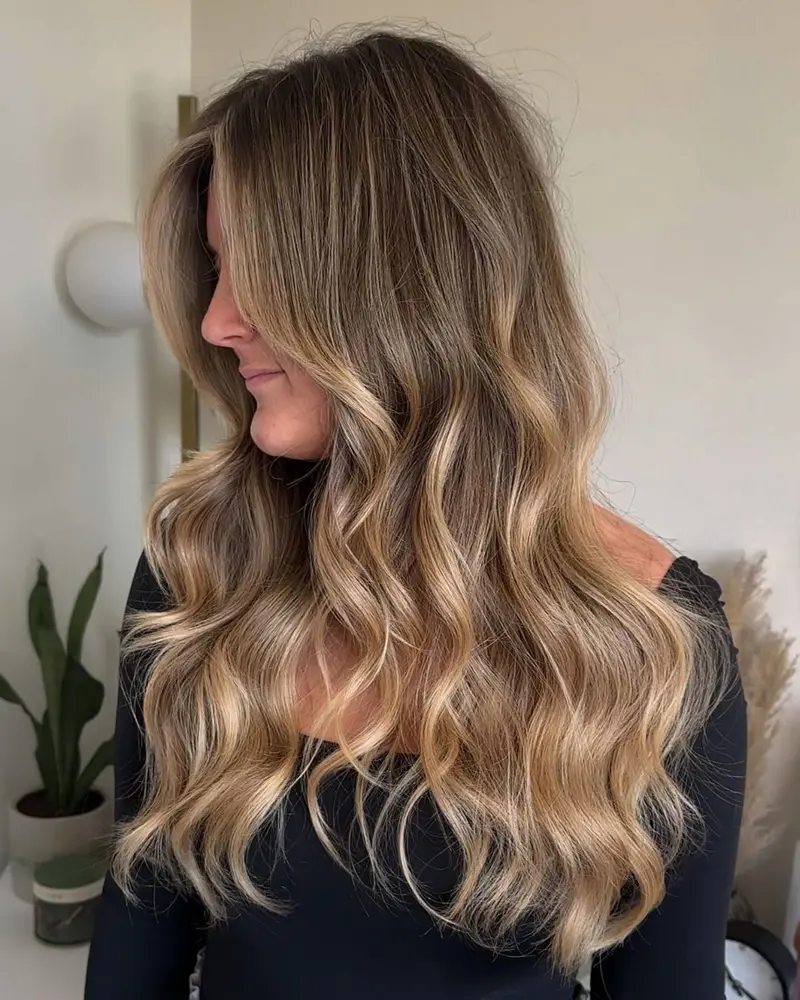
Amla oil is an old Ayurvedic medicine to promote hair growth and good health. It contains essential ingredients like vitamin C and fatty acids which support good hair and a healthy scalp.
The other main advantage gained from the application of amla oil is that it strengthens the hair roots and thus hinders hair breakages. It contains nutrients that flow deep into the scalp feeding the follicles to grow strong and healthy. This can result in thicker and shinier hair over some time.
17. Garlic Juice
Garlic juice is a wonderful natural medicine dating back to ancient times for health sustainability. Extracted from fresh garlic cloves which are rich in sulfur compounds, vitamins, and minerals. It is excellent for healthy hair.
This juice increases the blood circulation around the scalp. If blood supply to the hair follicles increases, then it will have the required amount of oxygen and nutrients. This may also assist in stopping hair loss in men.
18. Lemon Juice
It is one of the best natural remedies for people with excess oils in their hair. Lemon juice removes all the extra oils from the hair and makes it fresh and clean. It helps to balance the pH level of the scalp, which is quite useful in reducing dandruff and thus promoting hair growth.
The acidity of the lemon juice will break it down, helping to clean all impurities and oil that are in the skull and hair follicles. To stop hair loss in women, these effective strategies and treatments can be implemented.
19. Avocado Hair Mask
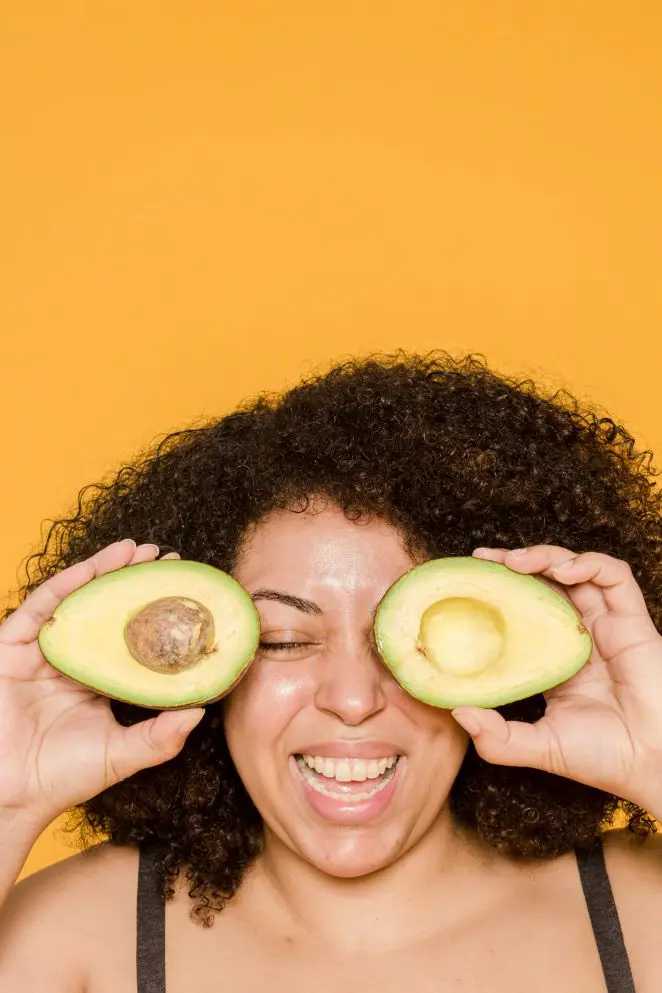
For those with dry hair or damaged tresses, avocado hair masks will be a very handy element added to your diet to keep your hair shiny and healthy. Avocados are bursting with essential fats, vitamins, and minerals that are useful in hair hydration and nourishment.
While the vitamins and minerals in avocados enable hair to grow well and strong, its natural oils can be better absorbed by the hair shaft and thus leave it better moisturized. To prevent thinning hair, it’s important to adopt a combination of these practical measures and treatments that address the underlying causes.
20. Scalp Massage
Scalp massage helps with hair thinning by increasing blood circulation to the hair follicles, which enhances the delivery of oxygen and nutrients necessary for hair growth. The gentle stimulation also promotes relaxation and reduces stress, which can be a contributing factor to hair loss.
Additionally, regular scalp massage helps to distribute natural oils evenly, improving overall scalp health and creating a more favorable environment for hair growth.
What Causes Hair Loss?
• Genetic
Probably the most common of the underlying factors responsible for hair loss is genetics. This will cause your hair to thin out over time which typically starts in the late teens or early twenties. Normally, genetic hair loss is progressive with age. People whose family members have had hair loss in the past are at a high risk of contracting the disease.
• Hormonal Changes
Some of the causes of hair loss include hormonal changes, especially among women. Hair loss sometimes can be temporary but also can last for the rest of an individual's life. Pregnancy and problems with the thyroid can cause this problem because it disrupts the normal hair growth cycle.
• Nutritional Deficiencies
Good dieting is required for the hair to grow properly. Hair follicles require a lot of protein, iron, and vitamin D. Lack of these may make your hair thin strands or weaken and shed more. So a proper balanced diet is required to grow your hair suitably.
• Stress and Anxiety
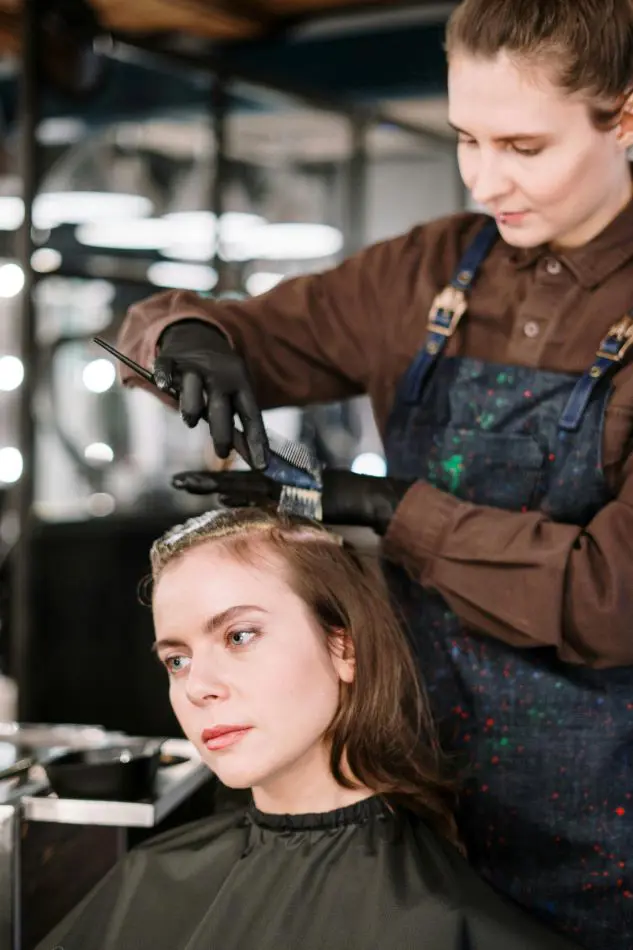
This can be in the form of physical as well as emotional stress. In very critical stresses, the hair follicles might progress prematurely into the resting phase so that the cycle of hair loss may accelerate. A certain proportion of it can be lessened with the help of stress management either by counseling or learning relaxation techniques.
• Medical Conditions
Diseases that slow down hair growth, like cancer or lupus can also lead to thinning. In most cases, when the underlying disease is treated, the associated hair loss also gets slowed. So getting an accurate diagnosis from a healthcare professional becomes important.
• Medications and Treatments
Certain medications can cause hair loss as a side effect. For example, drugs used for chemotherapy can induce temporary hair loss due to their effects on rapidly dividing cells, including hair follicles. Medications for conditions like arthritis, high blood pressure, or depression may also contribute to hair thinning.
So, consulting with a healthcare provider about these side effects can help in managing or mitigating the impact on hair health.
• Poor Hair Care Practices
Hair could be damaged and breaking off at the root from too-tight hairstyles, excessive heat styling, or heavy use of shampoos. Gentle hair care techniques would include no tight cuts and the usage of mild shampoos that spare the follicles from undue stress.
• Age-Related Factors
When people age over the years, the growth rates of hair follicles slow down, and they start growing fewer hairs or producing thinner hair strands. Knowing that this change in hair with age is part of the natural process of aging will help in finding the right ways to maintain your hair health.
• Environmental Factors
Some environmental factors that may affect the health of your hair are toxin exposure and severe weather. The wind, pollution, and sun can weaken and cause damage to your hair strands. A hat on the head or some hair-protected products will protect against such damage.
• Hair Treatments and Chemical Use
Regular use of chemicals will make hair weak and give in to breakage. The majority of chemical products change the natural look of hair. Reduced dependence on chemicals by changing them to natural and harmless ingredients, which will help prevent hair loss.
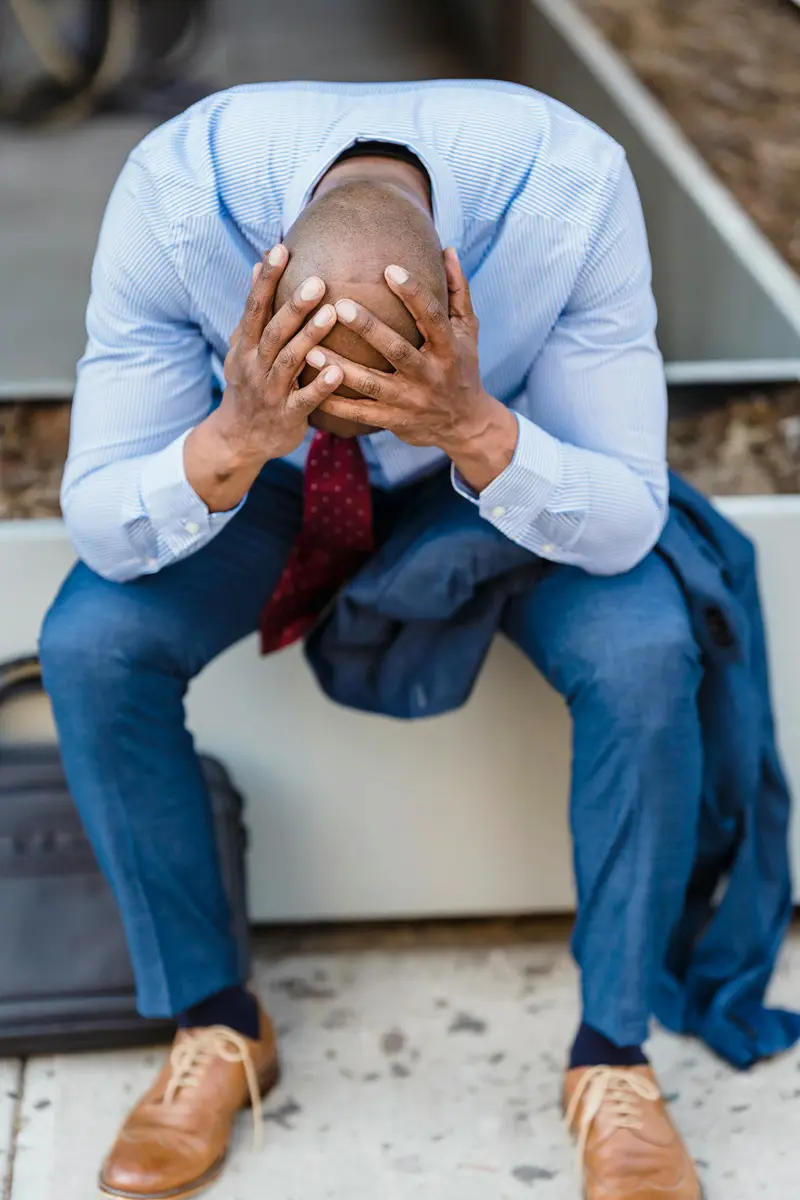
• Autoimmune Disorders
Alopecia areata is a condition where the body's immune system mistakenly targets hair follicles, leading to hair loss in patches. This condition can affect any area of the scalp or body.
In some cases, hair may regrow independently, but treatment options like corticosteroids or immunotherapy may be used to promote regrowth and manage symptoms.
• Trichotillomania
Trichotillomania is a mental health disorder characterized by the urge to pull out one's own hair. This compulsive behavior can lead to noticeable hair loss and is often linked with stress, anxiety, or other psychological issues.
Treatment typically involves therapy, such as cognitive-behavioral therapy (CBT), to address the underlying psychological triggers.
• Rapid Weight Loss or Eating Disorders
Significant weight loss or eating disorders can lead to deficiencies in essential nutrients, such as vitamins and minerals, necessary for healthy hair growth. This can result in hair thinning or shedding.
Addressing nutritional deficiencies through a balanced diet and seeking support for eating disorders can help in restoring hair health.
• Infections
Fungal infections like ringworm (tinea capitis) can affect the scalp and lead to hair loss. Ringworm can cause itchy, scaly patches on the scalp, and hair may break off at the surface.
Antifungal treatments prescribed by a healthcare professional can help eliminate the infection and promote hair regrowth.
• Genetic Variations
Beyond common hereditary patterns, specific genetic mutations can increase susceptibility to hair loss. Research is ongoing to identify these genetic factors and understand their role in hair loss disorders.
Genetic testing may sometimes be used to understand individual risk and tailor treatment approaches. Each of these factors can impact hair health differently, and a thorough evaluation by a healthcare provider can help determine the most appropriate course of action for managing hair loss.


